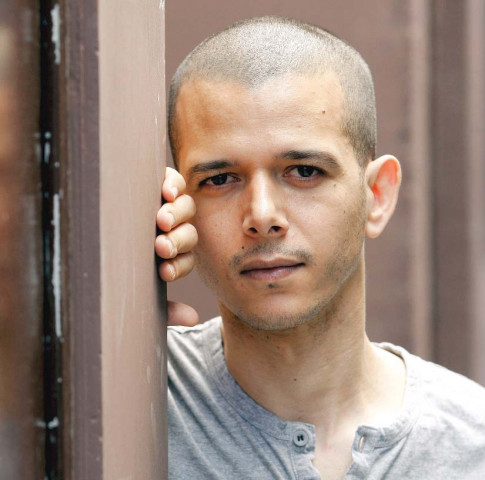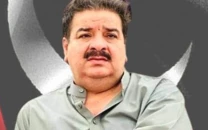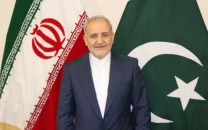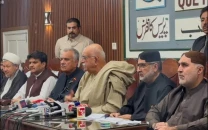Moroccan writer challenges taboo
Taia is the first writer to come out the closet, profess his sexuality in a country that bans homosexuality.

Taia is the first writer to come out the closet and profess his sexuality in the country that bans homosexuality.
A slim, soft spoken man with a timid smile, the writer draws his roots in Morocco. Although Taia’s childhood was marred by a deep sense of poverty, the writer struggled to get to Paris where he pursued a doctorate at the Sorbonne and eventually started off with his writing career.
However, his short lived career was hit with notoriety, in 2007, when Taia openly proclaimed his homosexuality in a personal interview with TelQuel, an independent Moroccan weekly known to take a critical line towards the government.
The writer quickly came under fire from part of the press and from Islamic circles in Morocco, where homosexuality — as in most Arab states — is considered a criminal offence.
“For me homosexuality is not a cause, but a personal freedom. It is normal that I defend homosexuals because they are oppressed individuals. These trends, which are in the minority, are the result of the failure of social policy in the Arab world,” he said.
Despite the scandal, Taia continues to spend much time in Morocco, where “obviously the fact that I am a writer published by big French houses protects me.” He also confessed that the country is slowly changing and becoming more tolerant of differences.
For 37-year-old Taia, who has lived in Paris for the last decade, being homosexual and Muslim are not mutually exclusive. “I am the first Moroccan writer who has spoken openly about his homosexuality without turning my back on my country. But despite this, I feel Muslim. There is no incompatibility between Islam and choices of sexual identity,” he said.
Taia, who writes in French and has been translated into Spanish and English, emerged from obscurity to make a splash on the French literary scene with novels such as Le Rouge du Tarbouche (The Red of the Fez), an autobiographical account of his life in Paris, where he moved in 1999.
In November, he was awarded the prestigious 2010 Prix Flore for young authors.
Published in The Express Tribune, January 3rd, 2011.



















COMMENTS
Comments are moderated and generally will be posted if they are on-topic and not abusive.
For more information, please see our Comments FAQ